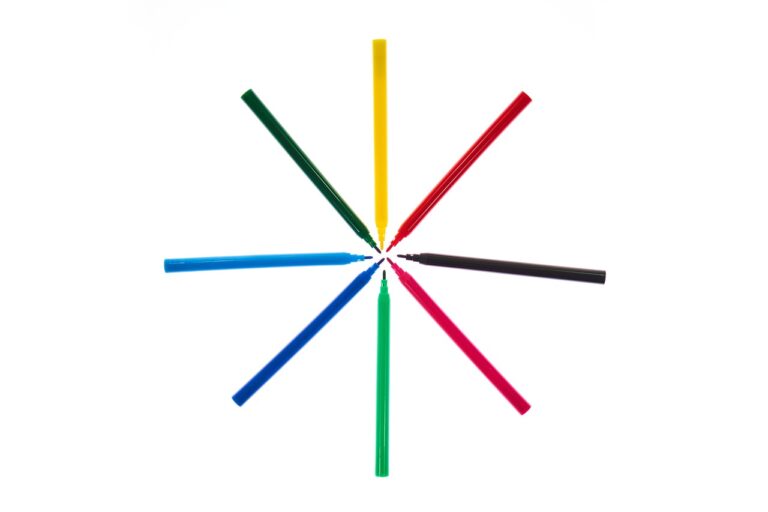The Role of Music and Arts in Education
Music and arts play a vital role in nurturing creativity among individuals of all ages. The process of engaging with various art forms allows individuals to explore their imagination, think outside the box, and express themselves in unique ways. Through music and arts, people can tap into their inner creativity, enabling them to see the world from different perspectives and come up with innovative ideas.
By actively participating in music and arts activities, individuals learn to embrace experimentation and embrace their mistakes as part of the creative process. This fosters a sense of resilience and adaptability, as they understand that there are multiple ways to approach a problem or create something new. Moreover, the freedom of expression that music and arts provide allows individuals to break free from conventional norms and unleash their full creative potential.
Enhancing Cognitive Skills Through Music and Arts Education
Music and arts education play a vital role in enhancing cognitive skills among individuals of all ages. Research shows that engaging with music and arts activities can improve memory, problem-solving abilities, and attention span. By stimulating multiple areas of the brain simultaneously, music and arts education help individuals to develop critical thinking skills and enhance their overall cognitive capacity.
Moreover, music and arts education also foster creativity and innovation. Through activities such as playing an instrument, painting, or dancing, individuals are encouraged to think outside the box and explore new ways of expressing themselves. This process of creative exploration not only boosts cognitive skills but also nurtures a spirit of curiosity and imagination in learners.
How does music and arts education contribute to cognitive skill development?
Music and arts education have been shown to enhance cognitive skills such as memory, attention, and problem-solving through stimulating the brain and fostering creativity.
Can music and arts education help improve academic performance?
Yes, studies have shown that students who participate in music and arts education tend to perform better academically in areas such as math, reading, and science.
At what age should children start receiving music and arts education?
Children can start receiving music and arts education as early as preschool, as exposure to music and arts at a young age can have a positive impact on their cognitive development.
How can parents support their children’s music and arts education?
Parents can support their children’s music and arts education by encouraging them to participate in extracurricular activities, attending performances or exhibitions, and providing access to resources like musical instruments or art supplies.
Are there any long-term benefits of music and arts education on cognitive skills?
Yes, research has shown that individuals who have received music and arts education throughout their lives tend to have better cognitive skills, such as problem-solving and creativity, well into adulthood.





